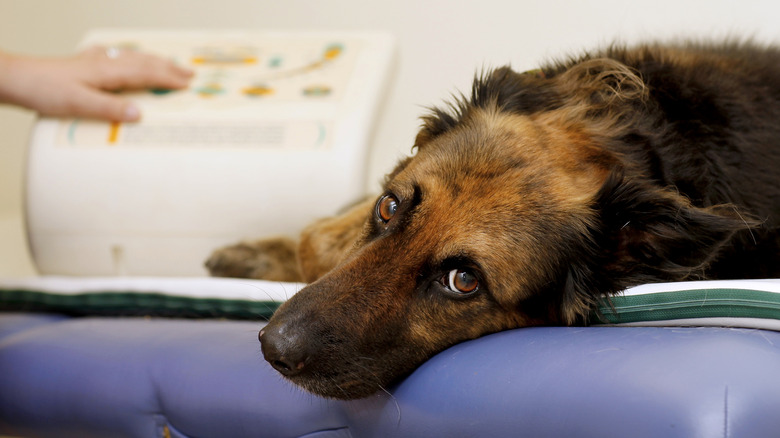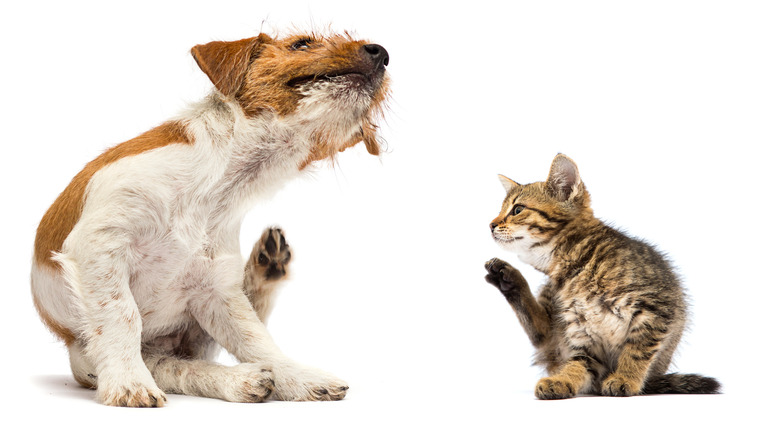How Smoke Can Damage Your Pet's Health
Though smoking cigarettes has been known to cause a slew of health problems — including cancer, heart and lung diseases, stroke, diabetes, and even infertility and impotence — many people still continue to do so.
The Centers for Disease Control and Prevention (CDC) reports that smoking is still the "leading cause of preventable disease and death in the United States." Tragically, over 480,000 people in the United States die each year due to cigarette smoking.
Something smokers may not consider is how their habit may affect their furry friends. When you consider the huge amount of people who smoke coupled with the fact that over 70% of American households owned at least one pet in 2020, many pets are exposed to secondhand smoke.
As pet owners, we want to do everything we can to prevent our pets from getting sick and prolong their lives. Keeping them away from second smoke is vital because it can damage a pet's health in various ways.
Your pet could get cancer from secondhand smoke
Secondhand smoke can cause significant damage to a pet's health, including deadly diseases. Veterinarian Carolynn MacAllister explains (via Live Science), "Secondhand smoke has been associated with oral cancer and lymphoma in cats, lung and nasal cancer in dogs, as well as lung cancer in birds."
One factor that plays a role in pets acquiring cancer from secondhand smoke is that animals don't only breathe in the smoke. Smoke particles fall onto their fur, and then they lick themselves, ingesting the carcinogens.
Cats love to lick things (like your face), and those that are exposed to secondhand smoke have four times the risk of developing oral squamous cell carcinoma, an aggressive mouth cancer (via PetFinder). Smoking also causes malignant lymphoma in cats (via American Journal of Epidemiology).
According to the American Lung Association, dogs with long noses are twice as likely to develop nasal cancer than short-nosed dogs since smoke residue has more space in which to gather and cause problems.
Smoke can also affect a pet's breathing and skin
Animals are very sensitive to smoke, particularly cats, according to PetMD. Though cigarette smoke is more damaging, even smoke caused by cooking can affect a pet's respiratory system. "Some pets can suffer from asthma from inhaling the chemicals and irritants," veterinarian Dr. Travis Arndt tells PetMD.
Signs that your pet may be suffering from the effects of secondhand smoke include breathing problems, extra or strange salivation, diarrhea, vomiting, and irregular heartbeat (via Hill's Pet).
Plus, exposure to secondhand smoke raises a pet's chance of developing allergic skin diseases, like atopic dermatitis (via VCA Animal Hospitals), so you may also notice that your fur baby is scratching its ears or rubbing its face on the floor more often.
The best thing you can do for your pet is eliminate their exposure to secondhand smoke. If you smoke, that means quitting or, at the very least, smoking outdoors — and protecting your pet.


